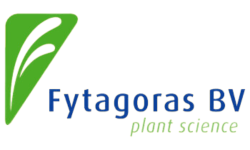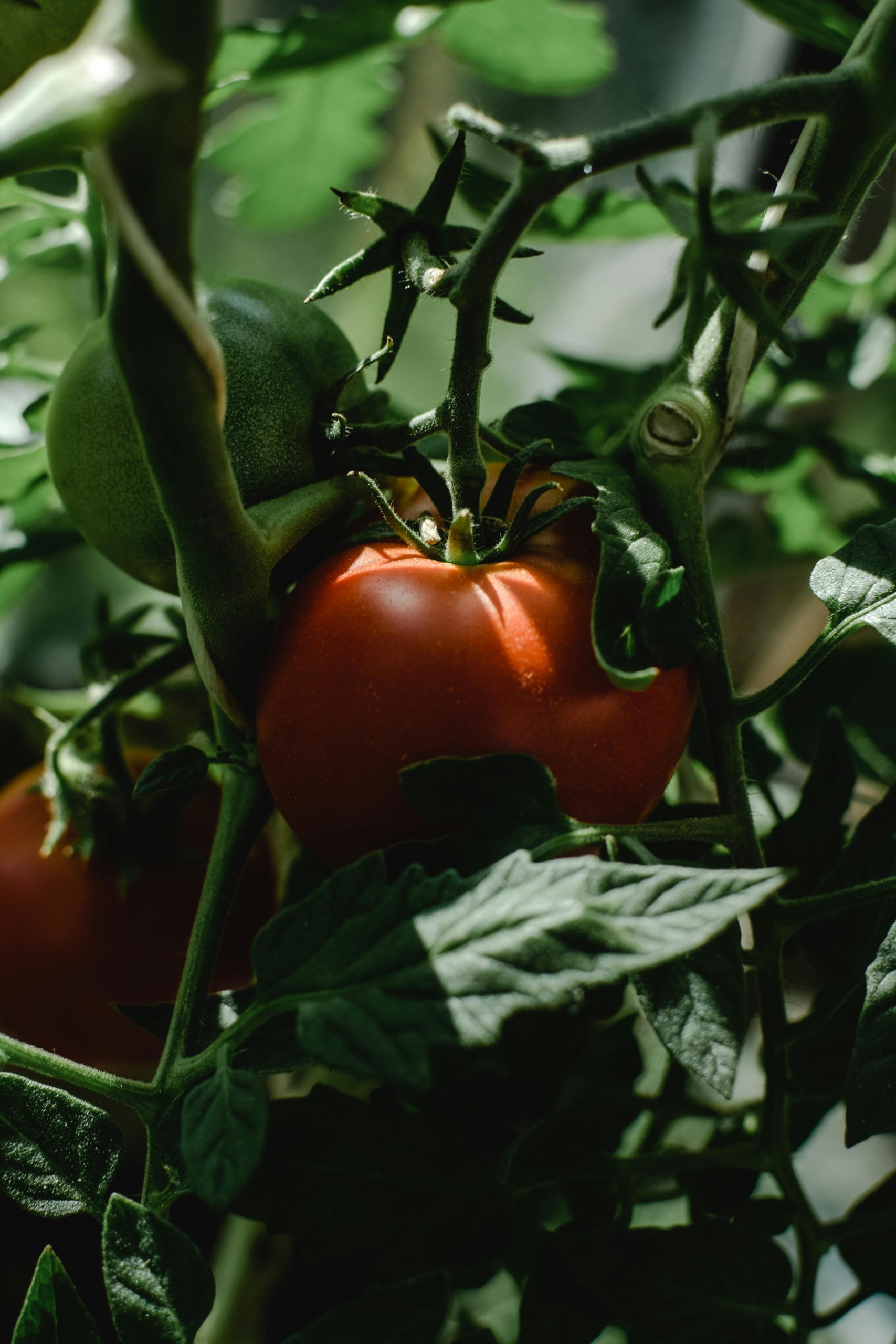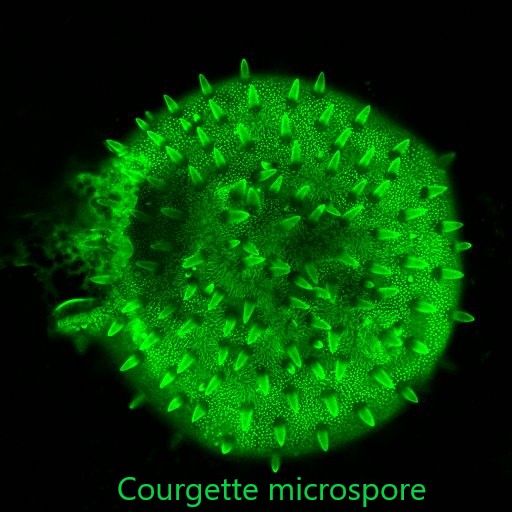In plant breeding, the addition of desired properties to stable varieties is very labor-intensive and time-consuming, especially with slow growing species. Therefore techniques that speed up the breeding process are highly valued. As the gametes, the reproductive cells, only contain half of the genetic material (chromosomes) of the parent plant, they are excellent for the production of new plants with a pure genetic background (homozygotes). The doubled haploid technique is a method of varietal selection that consists in collecting haploid cells from these gametes in order to provoke a doubling of their chromosome store and obtain a stable line within only two generations. With traditional methods, it takes 6 to 8 generations of self-fertilization and more than 10 years to obtain a variety that has fixed major characteristics (which can nonetheless be unstable). Read more on Tomato News

Flax microspore regeneration: support for new sustainable fibres and healthy food.
Flax cultivation has a strong future, driven by demand for sustainable fibers, health foods, and bio-based materials. Success depends on



